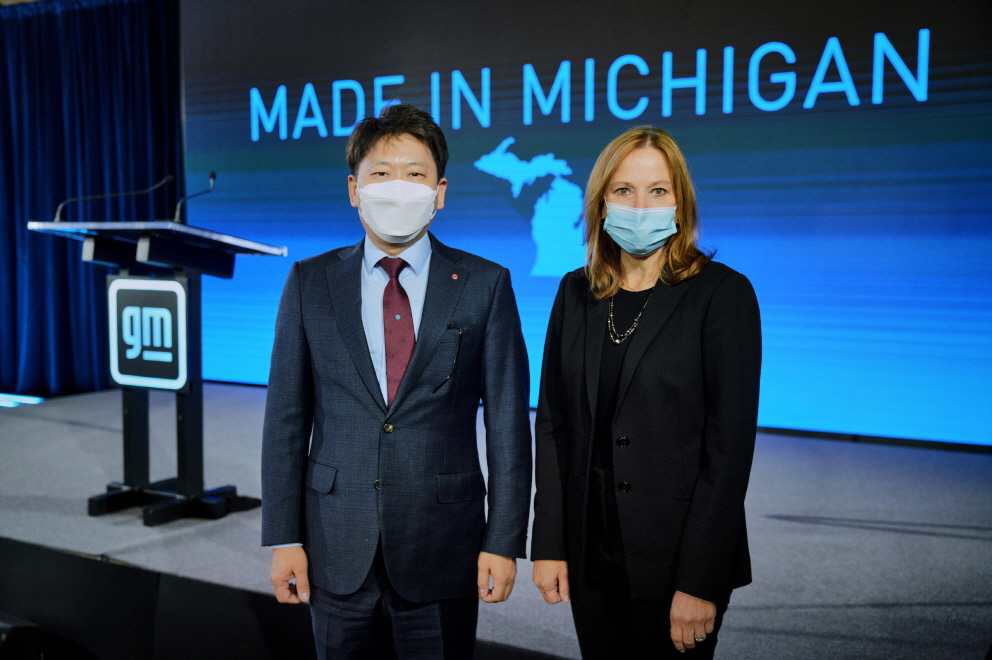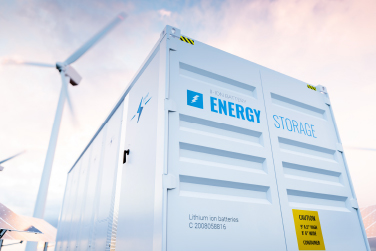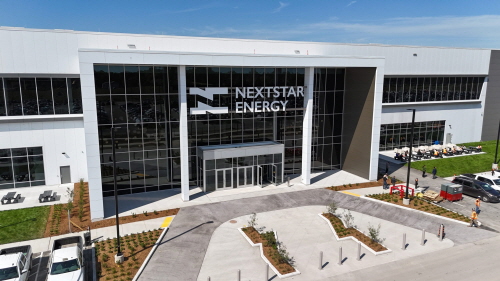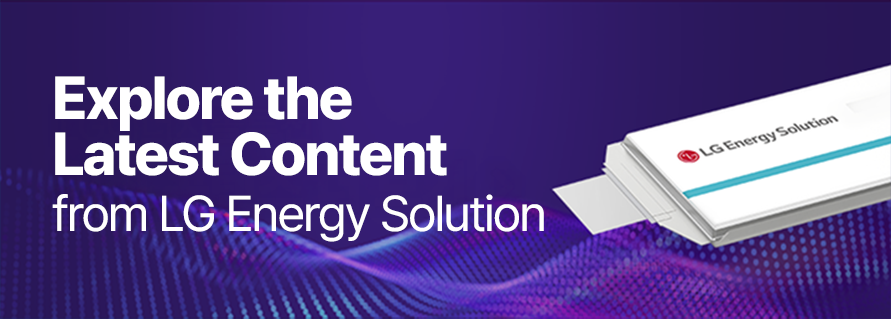
• 2.8 million-square-foot facility in Lansing, Michigan expected to create 1,700 new manufacturing jobs
• Ultium Platform driving GM’s commitment to an all-electric future
LANSING, Mich. – Ultium Cells, a joint venture of LG Energy Solution and General Motors, today announced a $2.6 billion investment to build its third battery cell manufacturing plant in the United States. The facility will be located in Lansing, Michigan.
Ultium Cells will build the new plant on land leased from GM. The new battery cell plant is expected to create 1,700 new jobs when the facility is fully operational. Site preparation on the approximately 2.8 million-square-foot facility will begin this summer, and the plant is scheduled to open in late 2024. The facility will supply battery cells to Orion Assembly in Michigan and other GM EV assembly plants. Ultium Cells expects the facility will have 50 gigawatt hours of battery cell capacity when running full production.
“This significant investment demonstrates our commitment to strengthen our Michigan and U.S. manufacturing presence and grow good-paying jobs,” said Mary Barra, GM Chair and CEO. “We will have the products, the battery cell capacity and the vehicle assembly capacity to be the EV leader by mid-decade.”
“With a shared vision, GM and LG Energy Solution pioneered the EV sector by seizing new opportunities in the market well before anyone else did,” said Young-Soo Kwon, CEO of LG Energy Solution. “Our third battery manufacturing plant, fittingly located in America’s automotive heartland, will serve as a gateway to charge thousands and later millions of EVs in the future.”
“We are extremely excited to have another home here in Lansing, Michigan,” said Kee Eun, Ultium Cells president. “This facility will lead us into a new era of manufacturing and sustainability as we push toward a zero-emissions future. Our job is to ensure flawless execution through close collaboration with our partners and the State of Michigan. We are very grateful for the Lansing community’s support,”
The Ultium Cells Lansing site joins Ultium Cells battery cell manufacturing sites being constructed in Ohio and Tennessee.
Barra added, “The support of the State of Michigan, the City of Lansing and Delta Township played an important factor in making this investment in Lansing possible. This type of support will be critical moving forward as we continue to take steps to transition our manufacturing footprint to support EV production.”
The state-of-the-art Ultium Cells Lansing plant will use the most advanced and efficient battery cell manufacturing processes. The plant will be extremely flexible and able to adapt to ongoing advances in technology and materials.
GM’s proprietary Ultium battery technology is at the heart of the company’s strategy to compete for nearly every EV customer in the marketplace, whether they are looking for affordable transportation, luxury vehicles, work trucks, commercial trucks or high-performance machines.
Ultium batteries are unique in the industry because the large-format, pouch-style cells can be stacked vertically or horizontally inside the battery pack. This allows engineers to optimize battery energy storage and layout for each vehicle design. Energy options range from 50 to 200 kilowatt hours, which could enable a GM-estimated range of up to 450 miles or more on a full charge with 0-60 mph acceleration in 3 seconds1.
GM’s future Ultium-powered EVs are designed for Level 2 and DC fast charging. Most will have 400-volt battery packs and up to 200 kW fast-charging capability while GM’s truck platform will have 800-volt battery packs and 350-kW fast-charging capability.
With a 30-year history in the battery business, LG Energy Solution has made consistent, large-scale investments to accumulate enough stability, credibility and manufacturing experience to invent its own cutting-edge technologies. The company established its first research facility in the U.S. in the early 2000s. In 2010, the company built its first U.S battery plant in Holland, Michigan.
Through Ultium Cells, LG Energy Solution and GM will merge their advanced technologies and capabilities to help accelerate automotive electrification.





